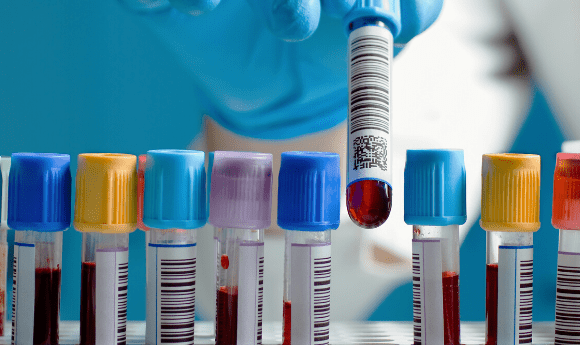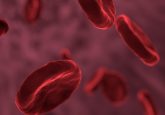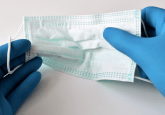DETECT-ing cancer: blood test for cancer trialed in first-of-its-kind study

A prospective study evaluating the DETECT-A blood test finds it effective at detecting over 10 types of cancer in asymptomatic individuals.
When it comes to treating cancer, early detection is key for a positive outcome and reducing cancer-specific morbidity and mortality. This makes the development of novel, minimally-invasive diagnostic techniques a vital area of research, with tests such as liquid or breath biopsies holding great potential. Though many such tests are under development, prospective clinical studies are required to verify their efficacy and ensure benefits outweigh risks.
Presenting at the AACR Virtual Annual Meeting I (27–28 April 2020), Nickolas Papadopoulos of The Johns Hopkins Hospital (MD, USA) described one such clinical study that evaluated the DETECT-A test – a multi-cancer, multi-analyte screening blood test – in over 10,000 women with no prior history of cancer.
Analyzing both DNA and protein biomarkers, the DETECT-A test effectively identified women with varying types of cancer, providing a predictive value higher than that given from existing non-invasive screening tests for specific cancer types. The test was able to detect 10 different cancer types, included seven types for which there is currently no screening test clinically available.
 Novel organoid platform could revolutionize cancer treatment screening
Novel organoid platform could revolutionize cancer treatment screening
Tumor organoid developed using patients’ cells could pave the way for effective immunotherapy screening, allowing patients access to personalized treatments.
Patients who had positive DETECT-A test results later received imaging tests to localize the cancer, with 65% of the cancers detected later classified as local or regional disease.
The most common alterations identified in plasma circulating DNA were somatic mutations in TP53, BRAF, KRAS or PIK3CA genes. Mutations initially identified in the plasma were all later confirmed to be present in the primary tumor, once located.
This study is the first to demonstrate the safety of a minimally invasive test and show how it may be incorporated into routine clinical practice, guiding real-time patient management and leading to surgery with intent to cure.





